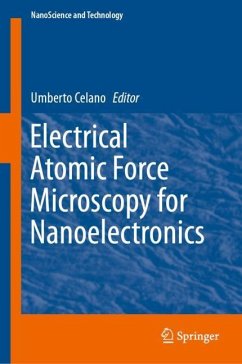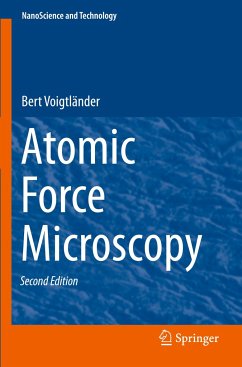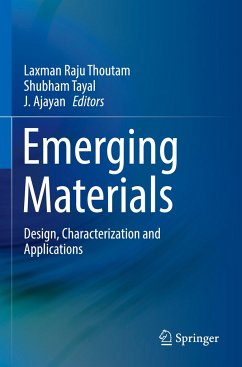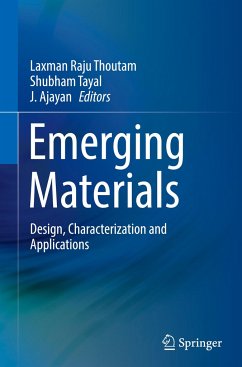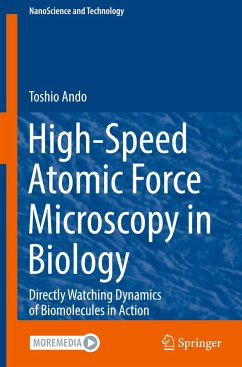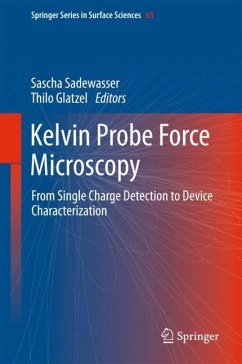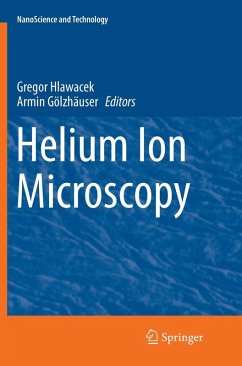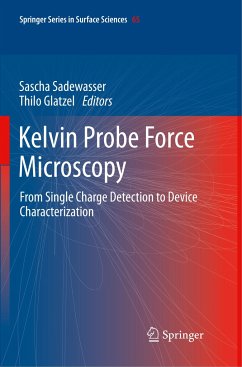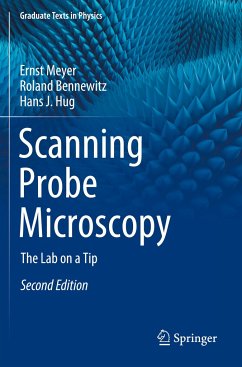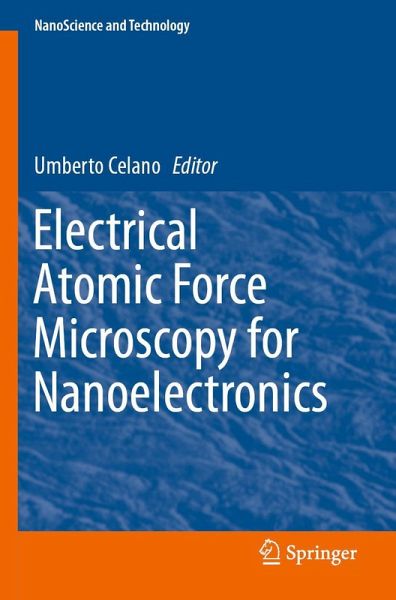
Electrical Atomic Force Microscopy for Nanoelectronics
Versandkostenfrei!
Versandfertig in 6-10 Tagen
129,99 €
inkl. MwSt.

PAYBACK Punkte
65 °P sammeln!
The tremendous impact of electronic devices on our lives is the result of continuous improvements of the billions of nanoelectronic components inside integrated circuits (ICs). However, ultra-scaled semiconductor devices require nanometer control of the many parameters essential for their fabrication. Through the years, this created a strong alliance between microscopy techniques and IC manufacturing. This book reviews the latest progress in IC devices, with emphasis on the impact of electrical atomic force microscopy (AFM) techniques for their development. The operation principles of many tec...
The tremendous impact of electronic devices on our lives is the result of continuous improvements of the billions of nanoelectronic components inside integrated circuits (ICs). However, ultra-scaled semiconductor devices require nanometer control of the many parameters essential for their fabrication. Through the years, this created a strong alliance between microscopy techniques and IC manufacturing. This book reviews the latest progress in IC devices, with emphasis on the impact of electrical atomic force microscopy (AFM) techniques for their development. The operation principles of many techniques are introduced, and the associated metrology challenges described. Blending the expertise of industrial specialists and academic researchers, the chapters are dedicated to various AFM methods and their impact on the development of emerging nanoelectronic devices. The goal is to introduce the major electrical AFM methods, following the journey that has seen our lives changedby the advent of ubiquitous nanoelectronics devices, and has extended our capability to sense matter on a scale previously inaccessible.





